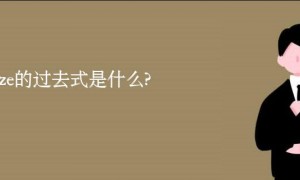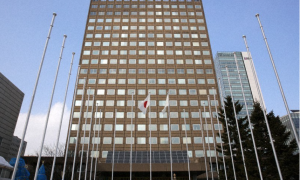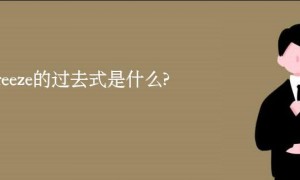free from, free of
这两个短语都可作“没有…的”或“免于…的”解, free from用得更普遍。在danger, pain, trouble, difficulty, influence等词前惯用free from; 而在charge, rent, duty等词前惯用free of。例如:
Not very many imports are free of all duty.全部免税的进口货不很多。
He offered to supply her with another clock free of charge.他答应免费再提供她一只钟。
另外, free of有时作“摆脱…”,“离开…”解。例如:
They like living in a village, free of crowds and noise.他们喜欢住在乡村里,远离人群和噪音。
下面两个句子意思相同:
It is free to you to do so.
It is free for you to do so.
你可以这么做。
free, freely
1.两者都可作副词,表示“自由地”。free指事物的状态,而freely指动作方式。试比较:
Let one end of the rope hang free.
把绳子的一端松开吊着。
Everyone can express himself freely at the meeting.
每个人在会上都可畅所欲言。
2.free还可作“免费地”解,而freely则无此意思。例如:
You can travel free with this special ticket.
你持这张专用票,可以免费旅行。
You can travel freely to all parts of the country.
你可以随便到全国各地去旅行。
free, emancipate, liberate
这三个词都有“解放,释放”的意思。liberate为正式用语,指从控制、监禁或束缚中获得自由,使一个国家或地区从外国或敌人的占领和统治下解放出来,后面常接from引导的介词短语;emancipate也为正式用语,指不受政治、社会、法律等约束而获得自由;free为常用语,意义最广,泛指摆脱各种限制而获得自由,后面常跟from或of引导的介词短语。
free, release, relieve
这组词都有“解除”的意思。它们的区别是:
free指使某人或某物从某种限制的情况下解脱出来或释放,后面常跟介词from或of。release指使某人或某物较为具体地摆脱某种限制、束缚或痛苦,例如:
He released her arm.他放开了她的手臂。
The missile was automatically released by the computer.这枚导弹是通过计算机自动发射的。
relieve指解除不愉快的感情或负担等,例如:
It will relieve them of a tremendous burden.这将给他们解除一个巨大的负担。
I wanted to relieve myself of these duties as soon as possible.我想尽快从这些责任中解脱出来。










